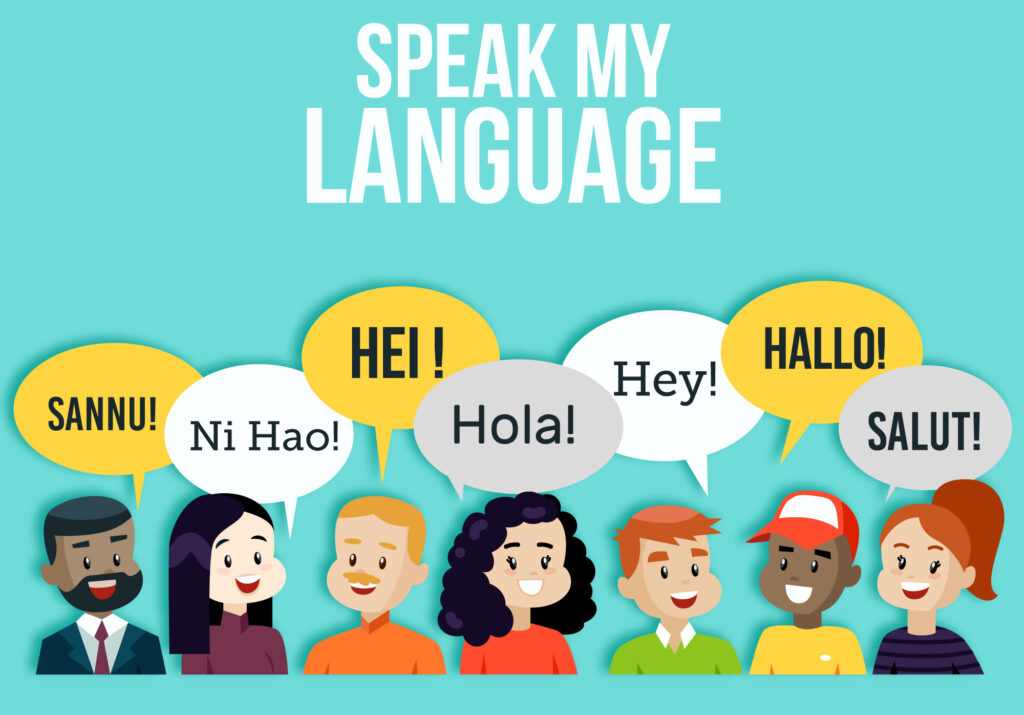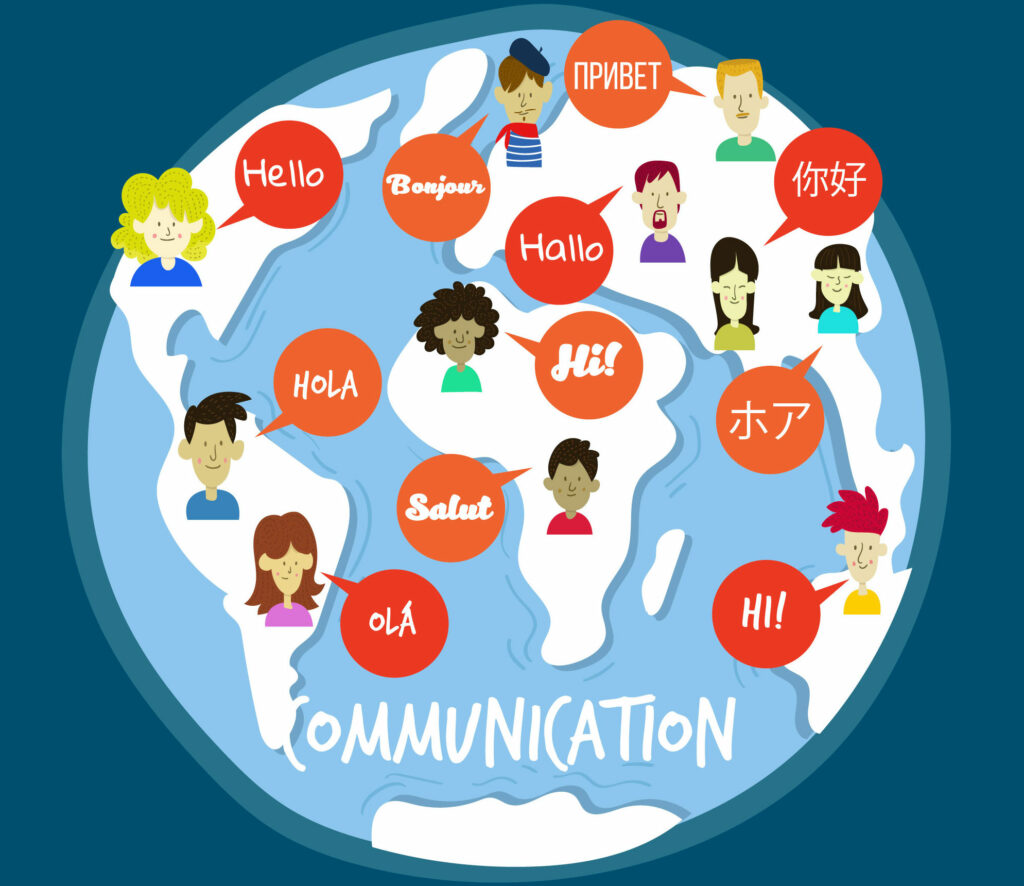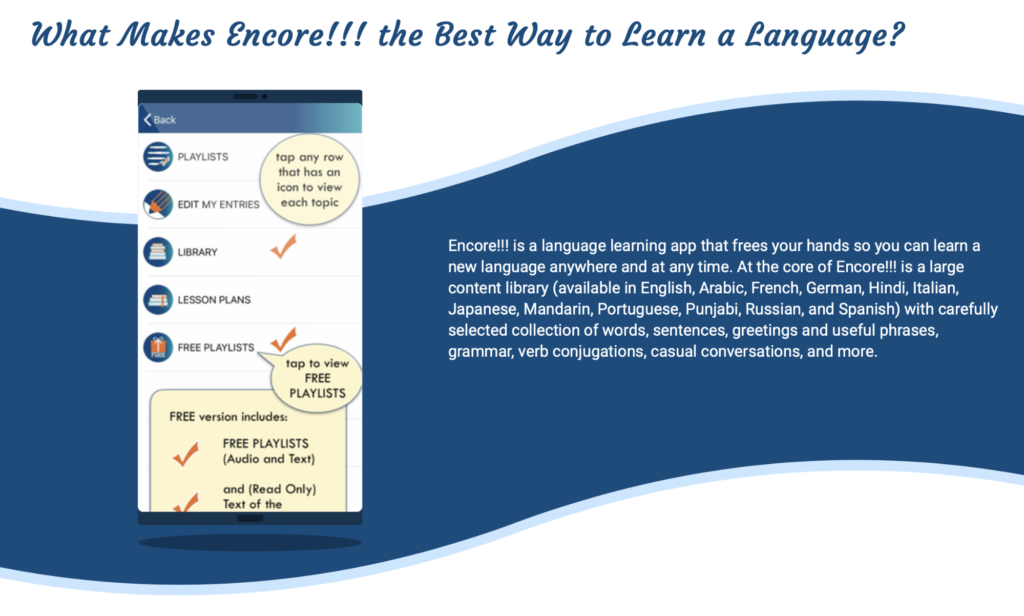Benefits of Bilingualism: Why Is Bilingual Education Important
For many of us, the desire to speak a foreign language is a lifelong dream. For children whose parents have relocated to a country where they can’t use their native language, it’s a necessity. However, there’s a growing body of research showing that bilingual education provides many important benefits that go way beyond the ability to function in a different country and culture.
What Is Bilingual Education?
Bilingual education refers to the practice of teaching school subjects in two different languages.
It is readily applied to help students transition from their native language to the languages used in the country where they now live, but it can also be used to teach academic content in two languages at the same time.

Why Is Bilingual Education Important?
It is important because it leads to bilingualism, the phenomenon of speaking and understanding two languages: the mother tongue (L1) and a second language (L2).
There are several different bilingual education program models, including Transitional Bilingual Education, Dual Language Immersion Bilingual Education, and English as a Second Language.
In the past, Transitional Bilingual Education was the most dominant program model, but it has been gradually falling out of fashion because many educators now argue that it doesn’t promote diversity and bilingualism well enough.
On the other hand, Dual Language Immersion Bilingual Education has been gaining popularity because it helps both native and non-native students to reap the benefits of bilingualism by encouraging them to maintain their own heritage while exploring new ones.
English as a Second Language can be seen as a supplementary program model for people who would like to improve their knowledge of English using a variety of different means and techniques, including school classes, self-directed study at home programs, and language learning apps.

Pros and Cons of Bilingual Education
To capture the benefits of being bilingual, students and educators alike must overcome several challenges that make bilingual education program models more difficult to implement than their monolingual equivalents.
Pro: Enhanced Mental Skills
Research indicates that people who speak two or more languages significantly outperform monolinguals in certain mental tasks, such as maintaining focus on important information. This benefit of bilingualism has been measured in both children and adults, and it debunks the myth that bilingualism hinders cognitive development by “confusing” the brain.
In reality, bilinguals find it easier to direct their attention because they are used to switching from one language to another. “The bilingual is somehow able to negotiate between the competition of the languages,” said Judith Kroll, Distinguished Professor of Psychology, Penn State. “The speculation is that these cognitive skills come from this juggling of languages.”
Because the ability to pay attention to the world around us and choose important information while ignoring extraneous details is critically important when it comes to learning, bilingual children tend to be significantly more successful than their monolingual peers in tasks that involve problem-solving and creativity, as researches in Scotland discovered.
Con: Education Can Be Expensive
Teaching academic content in two languages can be very expensive, and the prices of bilingual education programs around the world reflect this. This is one reason why this education program model in its more intensive forms is typically limited to private schools, which are out of the reach of most students and families.
In recent years, modern language learning apps like Encore!!! have been leveling the playing field in bilingual education, giving language learners equal opportunity to immerse themselves in engaging language content. Instead of spending money on expensive classes, language learners can simply download a smartphone app, select a lesson plan based on their proficiency, and let it guide them through it.
Encore!!! is a great example of an app that all language learners who would like to know how to become bilingual without spending a lot of money should know about. The free version offers 12 language pairs with five free lesson plans. All plans include vocabulary, greetings and useful phrases, verb conjugations, sentences with related vocabulary, and conversations spoken by native speakers.

Pro: Healthy Brain in Old Age
As we age, our ability to adapt to unfamiliar circumstances declines. In extreme cases, this decline can lead to life-threatening conditions such as Alzheimer’s disease and dementia. While bilingualism isn’t a miracle cure, we know that it can improve cognition and delay dementia in older adults.
The constant switching between two languages that most bilinguals perform on a daily basis seems to be a very effective form of exercise for the brain, helping it stay in shape. This is one of the benefits of bilingual education and you can think of it as a delayed payoff.
However, this doesn’t mean that you have to become bilingual early in life to enjoy the protective effect against age-related brain diseases. Even if acquired in adulthood, bilingualism might have beneficial effects on cognition independent of childhood intelligence, researchers argue. Of course, it’s likely that the effects will be stronger if you start learning a new language sooner rather than later.
Con: Varied Results
Another major problem with studying in two languages is that the results it produces can vary greatly depending on several factors. First and foremost, not all teachers are equally competent when it comes to steering their students toward bilingual proficiency. There’s also the fact that not all education programs are suitable for all students.
Addressing these issues is an ongoing challenge that has been keeping linguists and educators occupied for decades. In recent years, modern technology has made it possible for language learners to supplement bilingual education with targeted practice and immersive exercises that can be completed anywhere and at any time using nothing but a smartphone.
When combined with an effective education program, language learning apps make it possible for learners to achieve bilingual proficiency much faster than they could otherwise, and they also make the whole journey more enjoyable.
Pro: Greater Career and Social Opportunities
It’s no secret that employers are more interested in bilingual applicants than those who speak just one language. According to a report released by the New American Economy (NAE), employers in industries that require a high degree of social interaction are especially interested in bilingual employees. “In today’s global economy, businesses require employees who can serve customers in a variety of languages,” said John Feinblatt, chairman of New American Economy.
The same report also revealed that the number of job postings requesting bilingual workers increased by 390,000 between 2010 and 2015. Clearly, all students who successfully complete bilingual education will find it much easier in the future to secure a stable, well-paying job than those who never achieve bilingual proficiency.
In addition to improved career opportunities, the ability to understand a second language makes it much easier to understand and appreciate other cultures, which is essential for establishing bonds with people who come from them.
Conclusion
The benefits of bilingualism go way beyond the ability to function in a foreign country, which is why bilingual education is a topic of growing importance. Today, educators around the world are practicing a variety of different education program models, and all people who are interested in achieving bilingual proficiency can create their own education program with a language learning app like Encore!!!
FAQs about the Benefits of Bilingualism
1. What is the purpose of bilingual education?
The purpose of bilingual education is to equip students with the knowledge of a language other than the one they were born with. Bilingual education plays an important role in our globalized world because it creates opportunities in all aspects of life.
2. Is bilingual education effective?
Yes, bilingual education is effective for a number of different reasons. There’s a substantial body of research that confirms its positive effect on cognitive functioning, and bilingual people are known to enjoy better work and social opportunities.
3. What are the disadvantages of bilingual education?
Bilingual education requires more time and dedication, which is why not all schools offer it. The good news is that there are many apps that make it possible for anyone to learn a new language on their own.
4. What are the different types of bilingualism?
There are three main types of bilingualism: co-ordinated bilingualism, compound bilingualism, and late bilingualism. The first two types are developed in early childhood, while the third type develops when a second language is learned after age 12.

